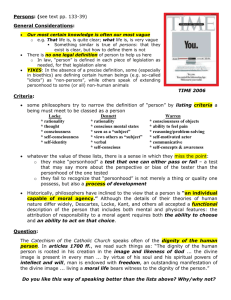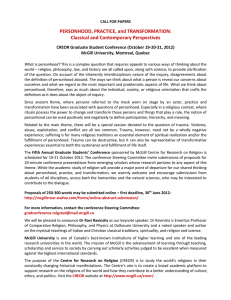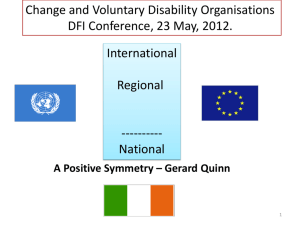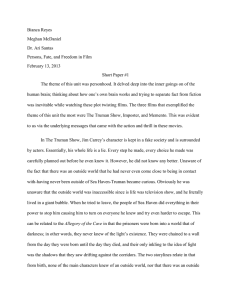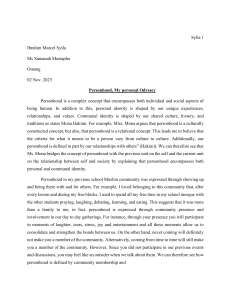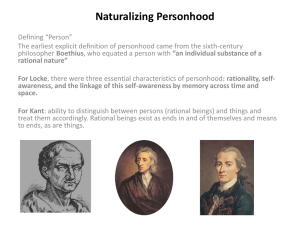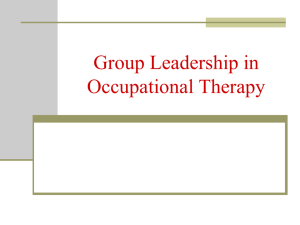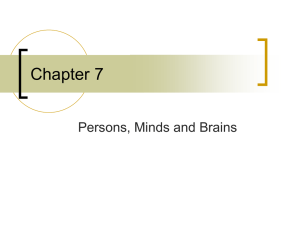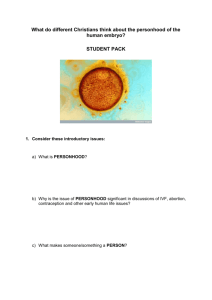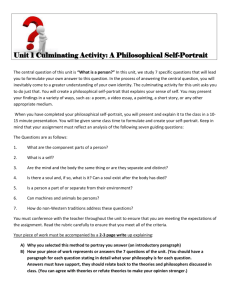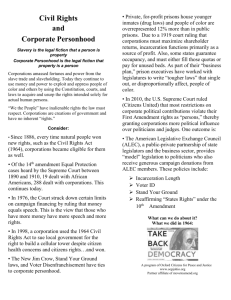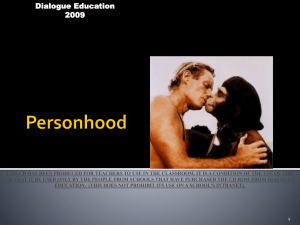Personhood and Linguistic Ideology, Purism and Variation in New
advertisement
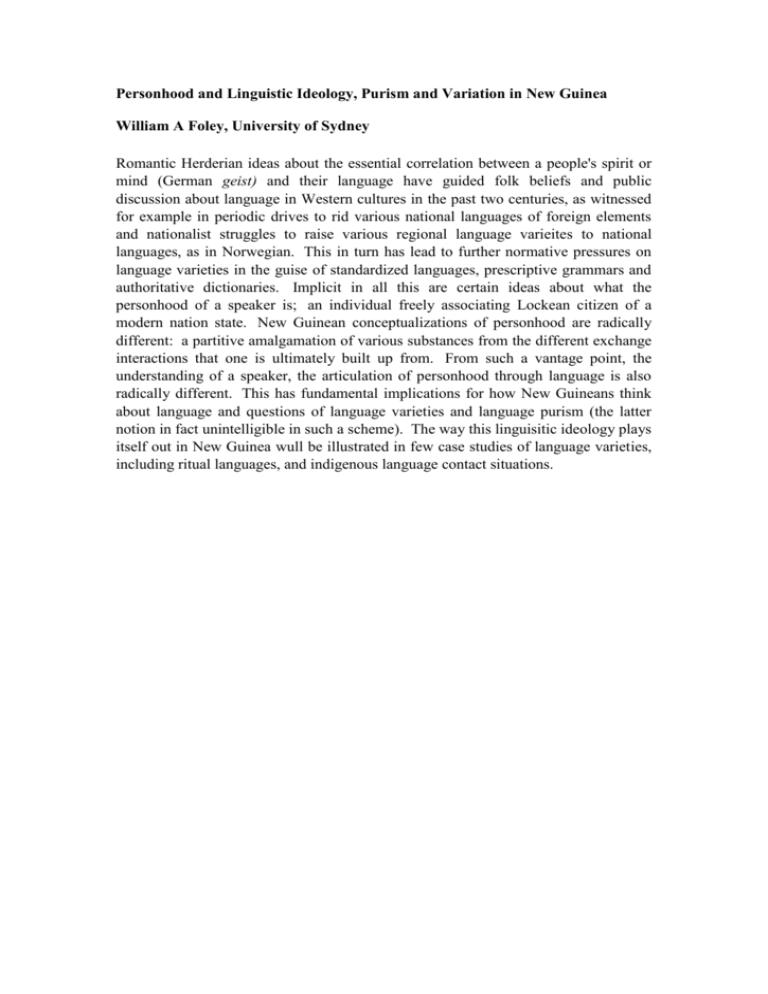
Personhood and Linguistic Ideology, Purism and Variation in New Guinea William A Foley, University of Sydney Romantic Herderian ideas about the essential correlation between a people's spirit or mind (German geist) and their language have guided folk beliefs and public discussion about language in Western cultures in the past two centuries, as witnessed for example in periodic drives to rid various national languages of foreign elements and nationalist struggles to raise various regional language varieites to national languages, as in Norwegian. This in turn has lead to further normative pressures on language varieties in the guise of standardized languages, prescriptive grammars and authoritative dictionaries. Implicit in all this are certain ideas about what the personhood of a speaker is; an individual freely associating Lockean citizen of a modern nation state. New Guinean conceptualizations of personhood are radically different: a partitive amalgamation of various substances from the different exchange interactions that one is ultimately built up from. From such a vantage point, the understanding of a speaker, the articulation of personhood through language is also radically different. This has fundamental implications for how New Guineans think about language and questions of language varieties and language purism (the latter notion in fact unintelligible in such a scheme). The way this linguisitic ideology plays itself out in New Guinea wull be illustrated in few case studies of language varieties, including ritual languages, and indigenous language contact situations.
